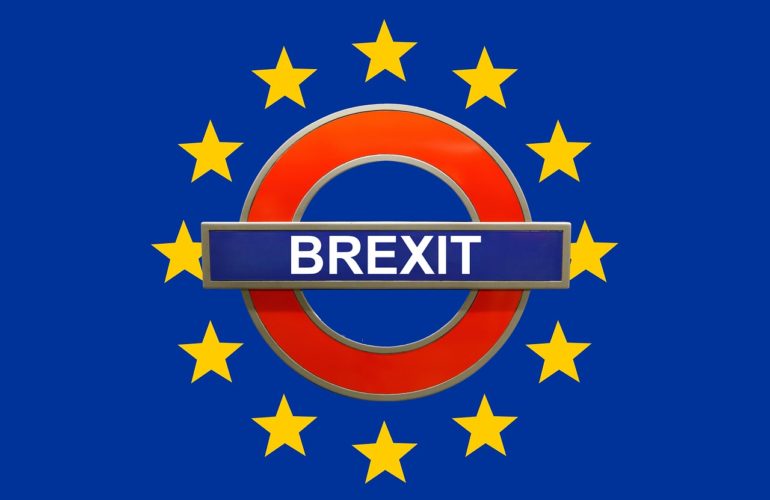Great Britain had quite a tumultuous end of July with the resignation of former PM Theresa May and the election of a new head of Her Majesty’s Government. But the wave has passed and now we have a new Prime Minister to lead the country.
The new PM has a more pro-Brexit attitude and seems to be confident enough when it comes to actually getting the job done. However, Brexit is an extremely sensitive issue and, if not treated wisely, it could cause huge damages for the country and by default, its citizens.
As we already discussed in a previous article, Brexit can have both a positive and negative impact on the business sector. The first to take the hit will be the business sector, and if big companies may have the time and resources to prepare, most little guys may not be so lucky.
A good example to mention here is BMW, the German carmaker. The Chief Executive of the company already announced that BMW may withdraw their production lines from the UK market if Brexit happens without a deal. They plan on moving production to other countries, where the rules aren’t so confusing and the taxes aren’t as high.
So, what exactly should we expect in the following months?
According to Mr. Boris Johnson, the new PM of the UK, the exit from the EU should be finalized by this October, with or without a deal. But is this really a good thing?
Some seem to think that Theresa May (the former PM) couldn’t reach an understanding with the representatives of the EU because she was not prepared to walk out without a deal. As a result, the negotiations have stalled, and no deal could be struck.
But is the idea of a Brexit without a deal something we can support?
As usual, when it comes to a matter of such importance, the opinions are divided. Still, the conclusion is clear as daylight: deal or no deal, life after Brexit won’t be the same for the regular UK citizen and business owner.
Here are some of the things that will change if we leave without a deal:
- Prices for food could increase by 10% due to changes in import laws and taxes, transportation regulations, and more.
- Financial transactions between the UK and EU countries may take longer and may cost more;
- You’ll need more papers to travel to EU countries;
- UK citizens who work in the EU may be required to apply for a visa if they stay longer than 90 days;
- Businesses that import goods from the EU may have to spend more money;
- The housing market may be affected by the uncertainty of Brexit;
- Businesses that work with EU countries may lose some of their customers because of new laws, taxes, and paperwork.
Overall, the only thing we know for sure is that Brexit will happen. But the fact that we don’t know how or when will happen creates an environment of economic and social instability that doesn’t have a positive outcome.
Still, with the new leadership, the hope is that things will start moving forward with fresh energy.
